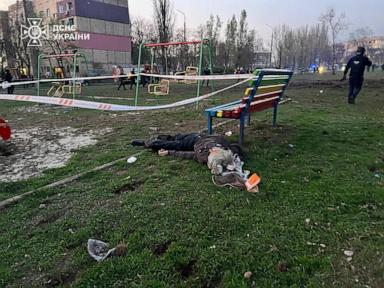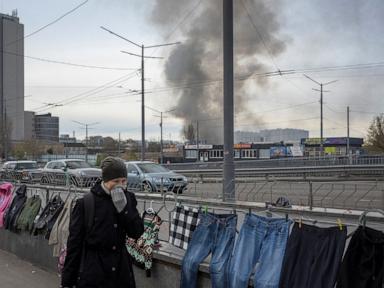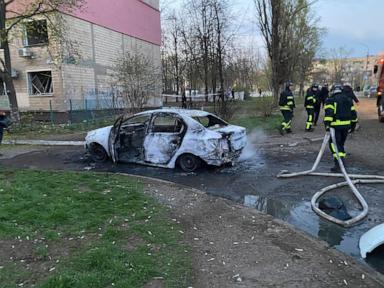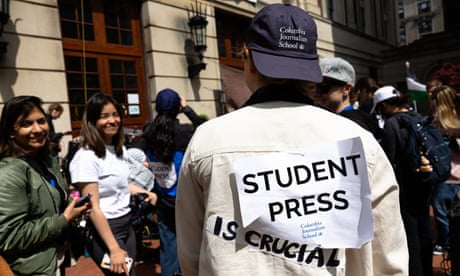French president speaks after missile attack on Volodymyr Zelenskyy’s home town that killed 20, including nine children. What we know on day 1,139
French president Emmanuel Macron on Sunday called for “strong action” if Russia continued “to refuse peace”, days after a Russian ballistic missile killed 20 people, including nine children, in Volodymyr Zelenskyy’s home town. Despite US and European efforts to secure peace in Ukraine, Russia continued “to murder children and civilians”, Macron said. “My thoughts are with the children and all civilian victims of the bloody attacks carried out by Russia, including on 4 April in Kryvyi Rih,” Macron said on X. “A ceasefire is needed as soon as possible. And strong action if Russia continues to try to buy time and refuse peace.” Macron said that even though Ukraine accepted US president Donald Trump’s proposal for a complete ceasefire and European countries were also working to secure peace, “Russia is continuing the war with renewed intensity, with no regard for civilians.”
Ukraine’s president said Russian attacks were launched on Sunday from the Black Sea, showing why Moscow is refusing to agree to an unconditional ceasefire: “they want to preserve their ability to strike our cities and ports from the sea.” Zelenskyy said a ceasefire at sea was key for overall security and bringing peace closer and suggested Vladimir Putin does not want to end the war, adding: “He is looking for ways to preserve the option of reigniting it at any moment, with even greater force.”
Zelenskyy said on Sunday that Russia was increasing its aerial bombardment after its forces mounted a “massive” missile and drone attack on Ukraine overnight, killing two people. “The pressure on Russia is still insufficient,” the Ukrainian president added.
It would be unsafe for Russia to restart the occupied Zaporizhzhia nuclear plant and would take Ukraine up to two years in peacetime if it regained control, the chief executive of the company that runs the site has said. Petro Kotin, chief executive of Energoatom, said “major problems” to overcome included insufficient cooling water, personnel and incoming electricity supply. The future of the Zaporizhzhia plant, Europe’s largest nuclear reactor, is a significant aspect of any negotiations to end the war in Ukraine.


















